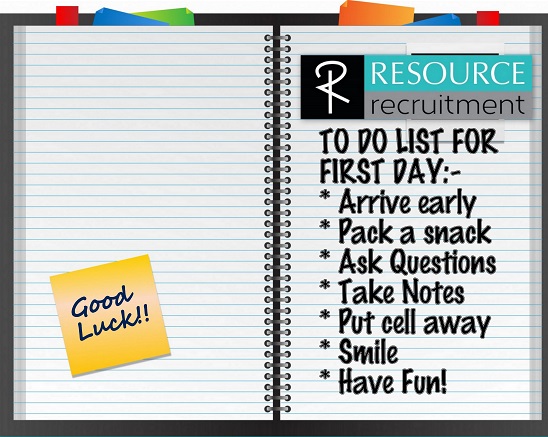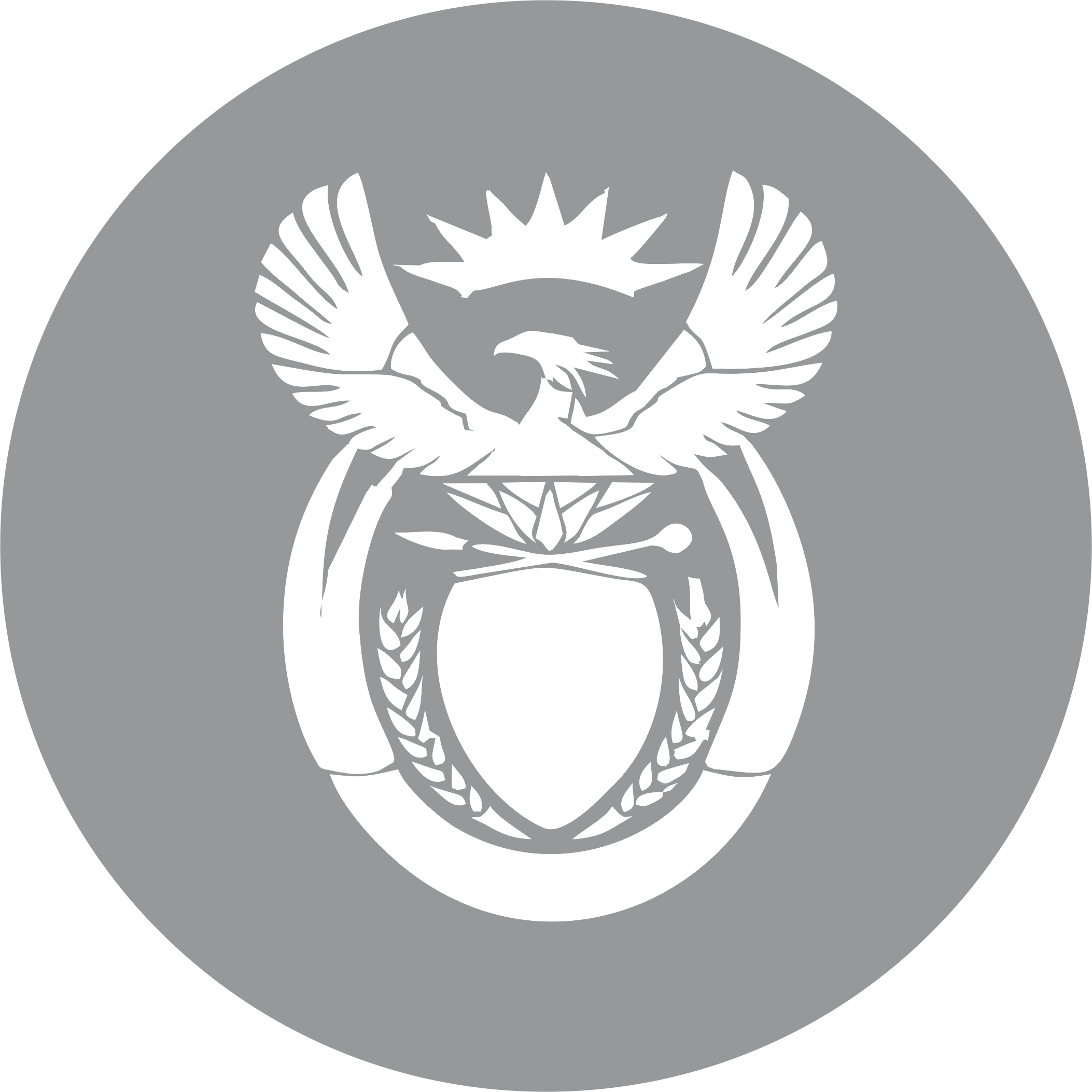
13 Mar What to do when you start a New Job
Congratulations! You landed your dream job. But now the scary part begins. In South Africa, people normally start a new job on a probation period or contract basis, so the first three months of a new job should be seen as an extension of the interview. Getting offered the job after the interview, is just the first step.
But as scary as it is starting a new job, it is also a chance for you to re-invent yourself, start with a good reputation and good habits.
Here are a few pointers to assist you in the first three months of your new job.
Introduce Yourself to EVERYONE
Don’t assume that because you are the new person, it is up to everyone else to make you feel welcome. They may be new themselves, or the company large, and they have no idea who you are or that you are new. Introduce yourself to everyone- manager and colleagues in all departments that you come into contact with, clients and suppliers. This is the ideal opportunity for you to start networking. Try prepare an introduction beforehand, so that you have a short, powerful first impression with appropriate answers to the common questions.
Study the Office Culture
Every company has a different culture, and every manager a different management style. Take a little time to sit back and observe how different levels communicate with each other. Does management like to take the lead, or are the happy for staff to run with new ideas? Learn the unwritten rules. These are often the most important rules. (When are smoke breaks allowed; do staff go out for lunch or eat at their desks; who has a special coffee mug and can you use any kitchen if the company has several).
Make Friends at Every Level
Get to know your colleagues, but also the people more junior and senior, and in other departments. Identify the company “Know It All” who you can go to with the silly questions, and who can assist you with office culture, without annoying your manager. Be careful of getting in with the “office gossips and underachievers”. Possibly ask your manager who would be a good mentor to show you around. A good way to get to know people is offering to assist others with simple tasks- relief on switchboard; making coffee or maybe filling envelopes at lunch time.
Fitting In is More Important than Sticking Out
In fact- sometimes fitting into the office culture is what will make you stand out! Take time to observe and build credibility, before trying to change things. If you start offending staff who have been with the company a long time, you are sure to end up the outsider. Before you criticise, ask questions. They may have a good reason for doing things the way that they do. Don’t be above starting at the bottom or having to prove yourself, but don’t get caught just doing the menial tasks- ask for more when you have completed the first task. Tell co-workers that you are open to and welcome feedback on how you are doing. Be willing, motivated and excited about the job!
Don’t Expect your Manager to Manage.
Yes, the majority of Managers out there are brilliant at what they do… but not very good recruitment managers. They assume that once they have completed the interview process, you will magically appear and be fully productive…. And then are disappointed that you do not perform to their expectations. Ask on the first day what is expected of you in the first two weeks, month and three months. And when you have achieved this, give them feedback, and ask what’s next. Request regular meetings, even over a cup of coffee, to get feedback on how you are doing. Respect experience, even at a more junior level than you- the veterans can teach you more than anyone else!
Know when to ask questions and when to jump in and go it alone.
The single most important piece of advice you will get out of this article is, WRITE IT DOWN. The first few days or weeks of a job, is information overload! You are constantly being given random pieces of information- from how to log into a new computer system, and how to make coffee; to a trick in unlocking the door; or who to contact to order new stationery. Write it down, and take it home and make more clear notes for yourself. It can get very irritating constantly being asked the same thing. It can also be very irritating when someone does not ask, and makes a mess of things! You need to pace yourself and find the balance.
If you promised certain skills and experience in the interview, you need to start demonstrating them as soon as appropriate. If you said that you were a go-getter, a social media whizz or that you loved getting things up to date and in order- now is the time to show what you are made of!! The sooner you start delivering the goods, the sooner who will stop being watched.
Do worry about the little things.
A year down the line, no one will worry about the little mistakes, but for the first 30 days, the spot light is on you, and every little spelling mistake; mixed up order; or time you are late for work is noticed. You may need to put in a little extra time and go the extra mile until you get into the swing of things. Make sure that you know the working hours and are there 15 minutes early, and leave when you have tied up the days urgent tasks. Don’t go home on time and leave someone else to clean up your mess. Switch your cell phone off, never go onto whatsapp chats or personal social media during business hours, and keep any urgent personal calls as short as possible. Try not take ANY annual leave or sick leave in the first few weeks, and keep smoke breaks to as little as absolutely possible! Remember- now is the time to re-invent yourself, make good habits and a brilliant first impression!
Connect with past and present managers and colleagues.
Drop your previous employer an email and thank them for what they have taught you and the opportunity to work for them. It’s the right thing to do and feels good ending on a good note, and you never know when you may need to network with them. Now is also a good time to request a written reference, if you have not already, for your files.
Start connecting with current colleagues on Social Media and build your network. LinkedIn is considered appropriate, but consider if Facebook and Instagram are suitable (and if you want your managers to see what you get up to over the weekend). It’s important to be a “casual professional”, not “all work, no play”, but be discerning about what you tell about your personal life!
Good luck, and if you work hard, go the extra mile and keep positive, you will be a huge success!






